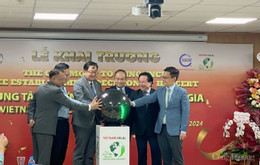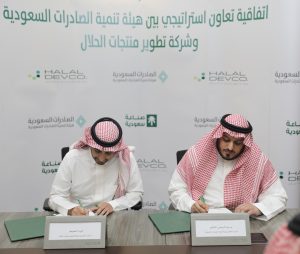 Contamination of halal meat products is an issue that can be resolved, MeatInfo.co.uk has been told.
Contamination of halal meat products is an issue that can be resolved, MeatInfo.co.uk has been told.
The industry can move forward and peace of mind can be given to Muslims who consume halal products, said Shaykh Tauqir Ishaq, head of certification at the Halal Authority Board (HAB).
According to Ishaq, the industry needs to take more time and look more closely at the meat they are labelling as halal. He said: “Lines should be audited – for a couple of reasons: one is to give consumers confidence and the second is to ensure that people understand what halal means.”
Ishaq explained that some manufacturers may say they know what halal is and he gave “respect and credit to the industry for learning”. But he said a fresh eye could bring more solutions, adding that everyone should want to avoid contamination and that the industry is capable of eliminating halal food contamination.
“Auditing needs to be stricter,” he said. “We need to check all the way down the line, from the feed given to the animals to the transportation, the storage, production and even the packaging. We’ve even asked manufacturers to use different pens, in case there is cross-contamination that way.”
UK Government
To get things right and have consistency the industry needs to be working to the same rules, but there are no laws, as such, from the UK government on how halal meat should be prepared, noted Ishaq.
Some in the industry are calling for the government to step in and make guidelines or laws. However, Ishaq explained there are already general consumer laws in place that apply to halal. “The law says you must supply what you have labelled on your products. You hope the Food Standards Agency (FSA) is investigating where this has gone wrong,” he said.
He added that it was up to Muslims and the halal accreditation bodies to get it right and not the UK Government. He said: “I cannot trust the UK Government; they come and go and you don’t know who is in power.”
Farming Minister David Heath told MeatInfo.co.uk at the Food and Drink Event (IFE) in London on Monday that it was important for producers to listen to what their consumers wanted.
He said: “The most important thing is that halal and kosher producers listen to what their consumers are telling them. What they need for certification is not government matter. They need to make it clear that people get what they pay for and ensure that halal and kosher agencies are labelling properly.”
Trace contamination
According to Ishaq, labelling should go as far as trace contamination. He explained that processors would not be allowed to label a product as containing 1% ‘unknown’, so why should there be even a small trace of non-halal DNA in a product?
He said: “It’s extremely important that Muslims do not touch anything that is even 1% contaminated. Why do we have to accept some contamination? As a Muslim I want to know 1,000 times more than other people what is in my food. This is just nonsense – there should be no percentage of contamination.
“As a food manufacturer, that’s not the route you want to go down. You have done so much to eliminate other contaminants, why should we explore the option of DNA trace contamination?”



